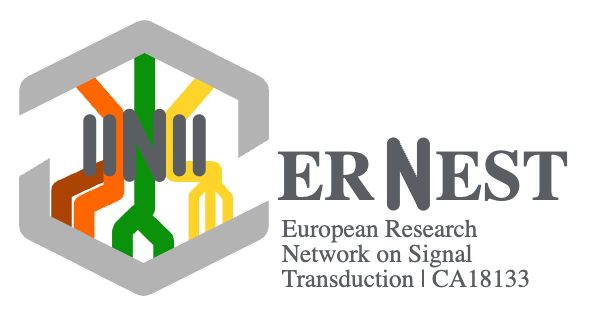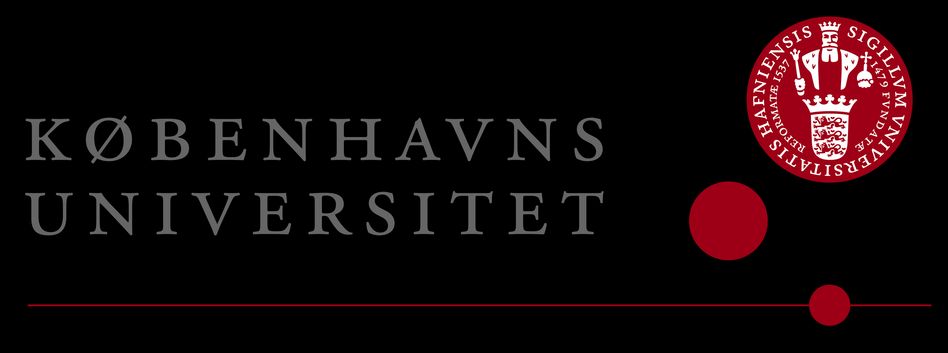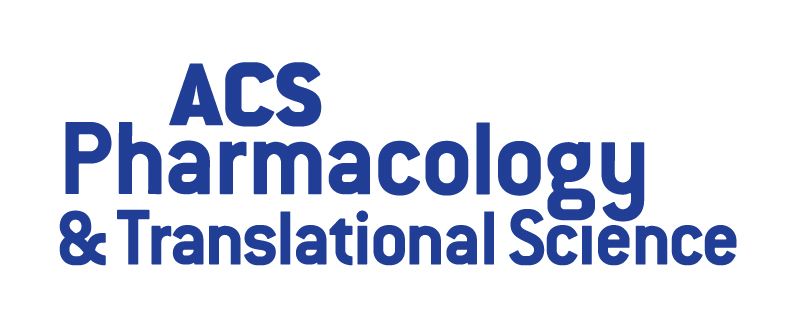3rd Transatlantic ECI GPCR Symposium
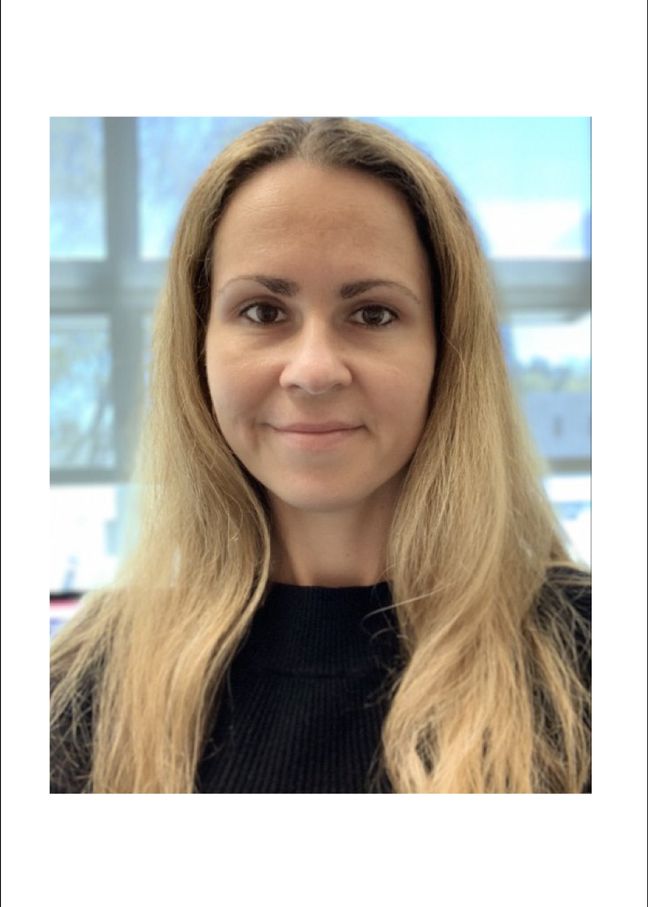
Nina Tsvetanova
Duke University
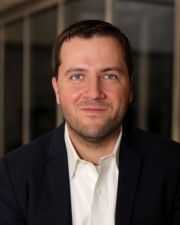
Matthew Eddy
University of Florida
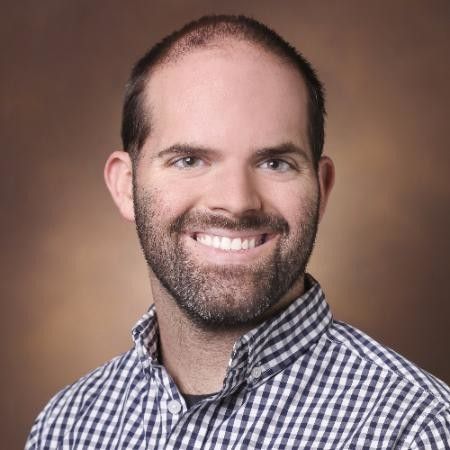
Brian Bender
Sosei Heptares

Ines Liebscher
Leipzig University

Isha Singh
Novartis
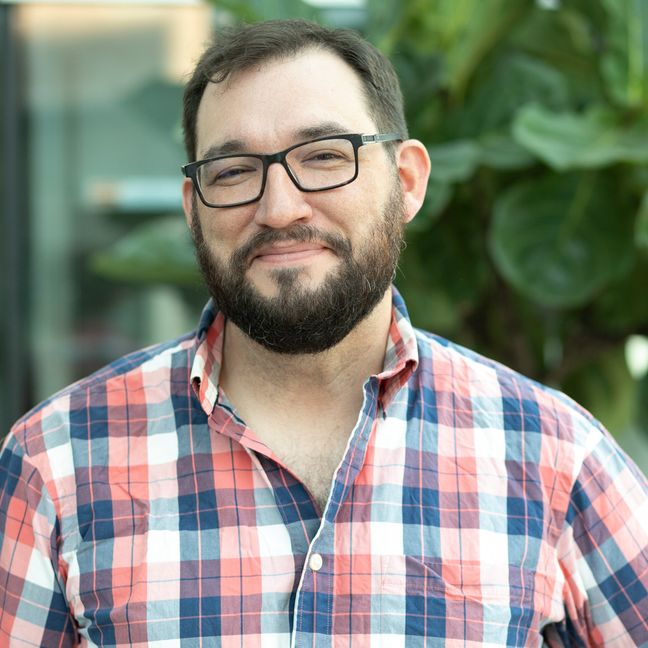
Justin English
University of Utah

Ruth Huttenhain
Stanford University

Location
Online event:
Dates
Registration period:
June 30, 2023 - 09:00 EDT - September 8, 2023 - 15:15 EDT
Submission period:
June 30, 2023 - 09:00 EDT - September 8, 2023 - 14:15 EDT
Contact us
If you have any questions, please contact ecigpcrsymposium@gmail.com

